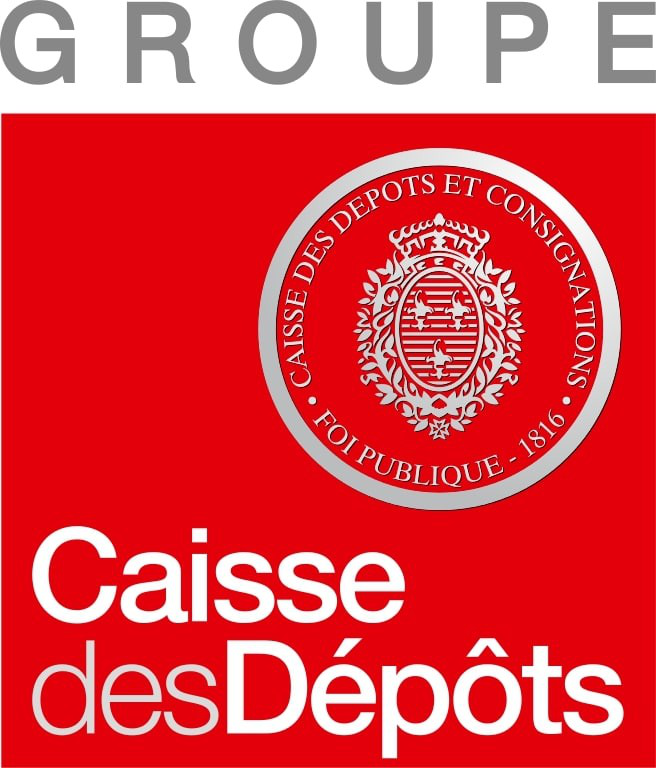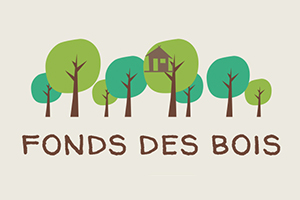Practice and judgment
Published : Seminars |
The issue of judgment is at the core of IRI’s interests, and this seminar will try to dive into the notion through a specific object of research : we want to analyze the difference between judgment based on taste, which is since the Moderns a trait of the spectator, and the perception and judgments formed by the performers and practicers themselves during the play.
We will feed our analysis with texts and practices which have developed the idea of a kind of theatre conceived for those who perform it : a theatre that doesn’t seek to produce an impression on spectators or profit to an audience, but which main justification is in the effects induced within the actors themselves and the representation they are immersed in. The pedagogic theatre of the Jesuits comes to mind, with which representation to outsiders was not prohibited, but whose main finality was to contribute to the moral, theological and human formation of the « amateur » comedians, in the modern meaning of the word. Diderot wrote about theatre without audiences, and Brecht developed the idea of a didactic theatre, whose public representation could be forbidden, and whose worth was to act as an training experience for the comedians. Grotowski is also known for his exercises and has had numerous followers.
In a second time, the seminar will use the material of this analysis to question more broadly the issues link to judgment : concepts, devices, projections and critical practices, in order to contribute to the colloquium on judgment set for december 2007.
Acces: on subscription
Coordination : Denis Guénoun, Julien Abriel
10-19-2006 : Opening presentation : Denis Guénoun..
11-9-2006 : On the Jesuits’ pedagogical theatre
11-23-2006 : On theatre in « Saint-Louis’ house in Saint-Cyr » »,
12-7-2006 : On Diderot’s « Entretiens sur le fils Naturel »
12-21-2007 : On Eisenstein’s reading of Diderot
02-5-2007 : On Jerzy Gtowoski’s workshops
02-19-2007 : On a contemporary experience
5-03-2007 : Sur le théâtre didactique de Brecht
19-03-2007 : programme communiqué ultérieurement.
30-04-2007 : programme communiqué ultérieurement.
14-05-2007 : programme communiqué ultérieurement.
4-06-2007 : programme communiqué ultérieurement.
18-06-2007 : programme communiqué ultérieurement.
Practice and judgment
The issue of judgment is at the core of IRI’s interests, and this seminar will try to dive into the notion through a specific object of research : we want to analyze the difference between judgment based on taste, which is since the Moderns a trait of the spectator, and the perception and judgments formed by the performers and practicers themselves during the play.
We will feed our analysis with texts and practices which have developed the idea of a kind of theatre conceived for those who perform it : a theatre that doesn’t seek to produce an impression on spectators or profit to an audience, but which main justification is in the effects induced within the actors themselves and the representation they are immersed in. The pedagogic theatre of the Jesuits comes to mind, with which representation to outsiders was not prohibited, but whose main finality was to contribute to the moral, theological and human formation of the « amateur » comedians, in the modern meaning of the word. Diderot wrote about theatre without audiences, and Brecht developed the idea of a didactic theatre, whose public representation could be forbidden, and whose worth was to act as an training experience for the comedians. Grotowski is also known for his exercises and has had numerous followers.
In a second time, the seminar will use the material of this analysis to question more broadly the issues link to judgment : concepts, devices, projections and critical practices, in order to contribute to the colloquium on judgment set for december 2007.

 in english
in english en français
en français











